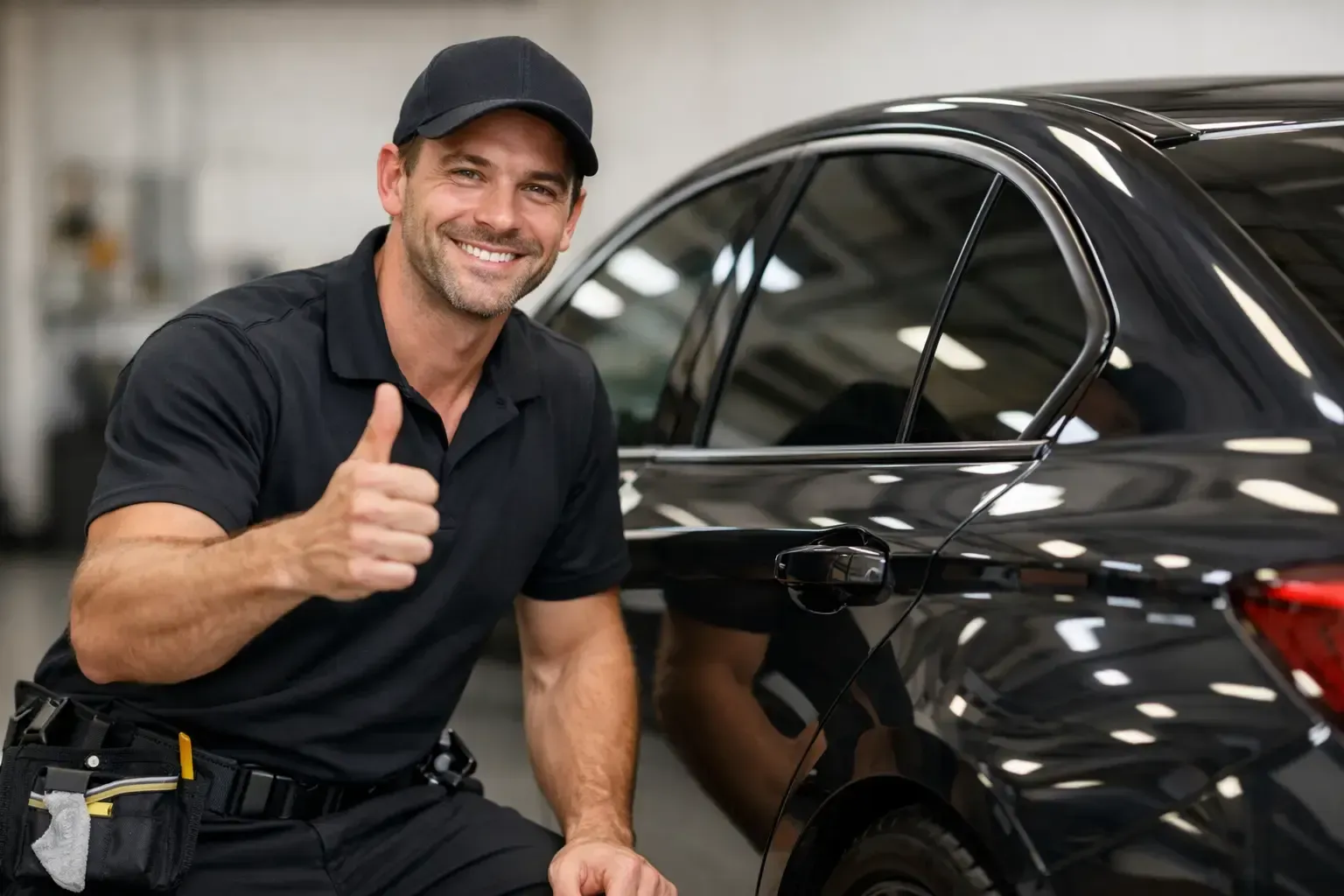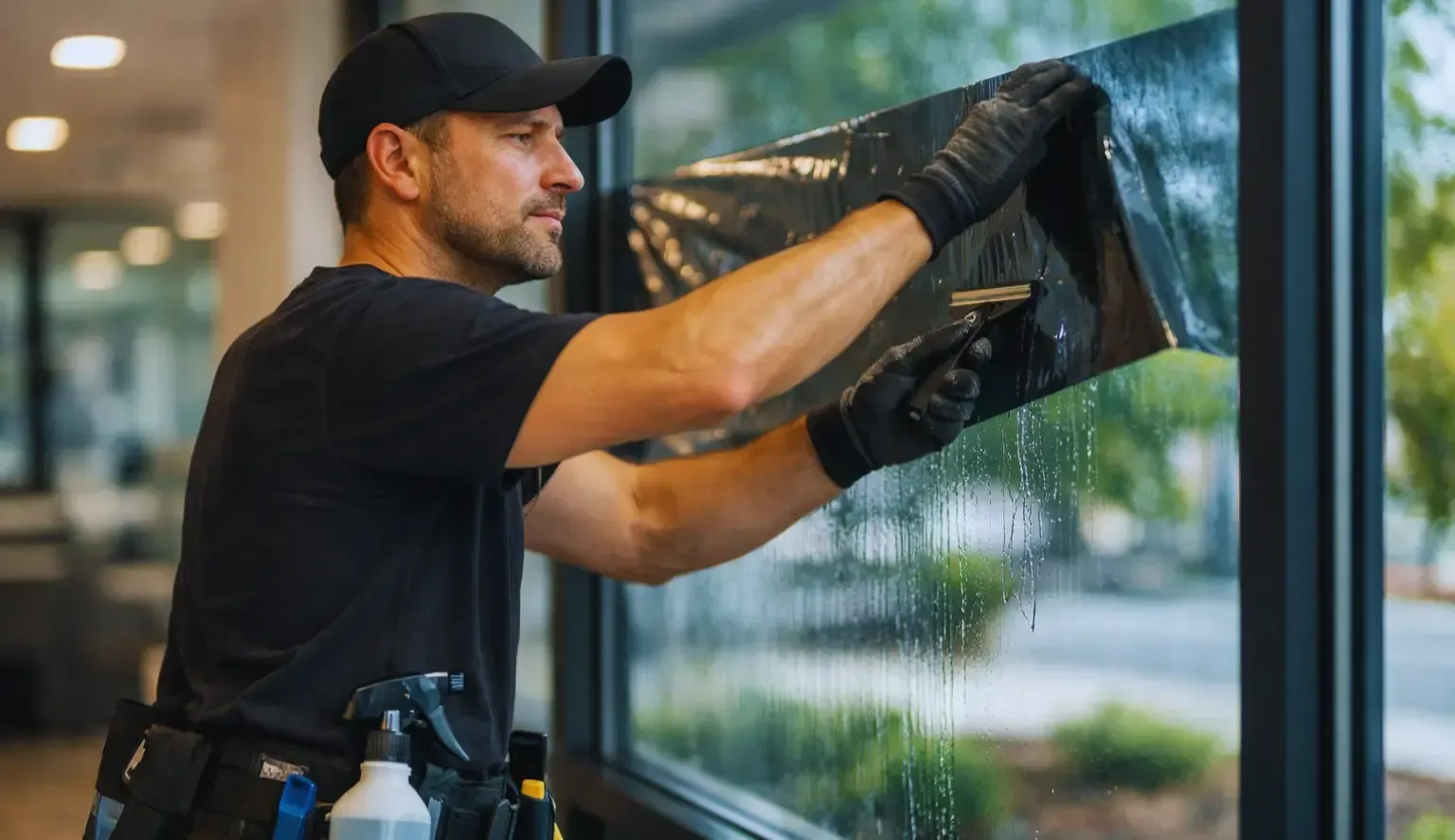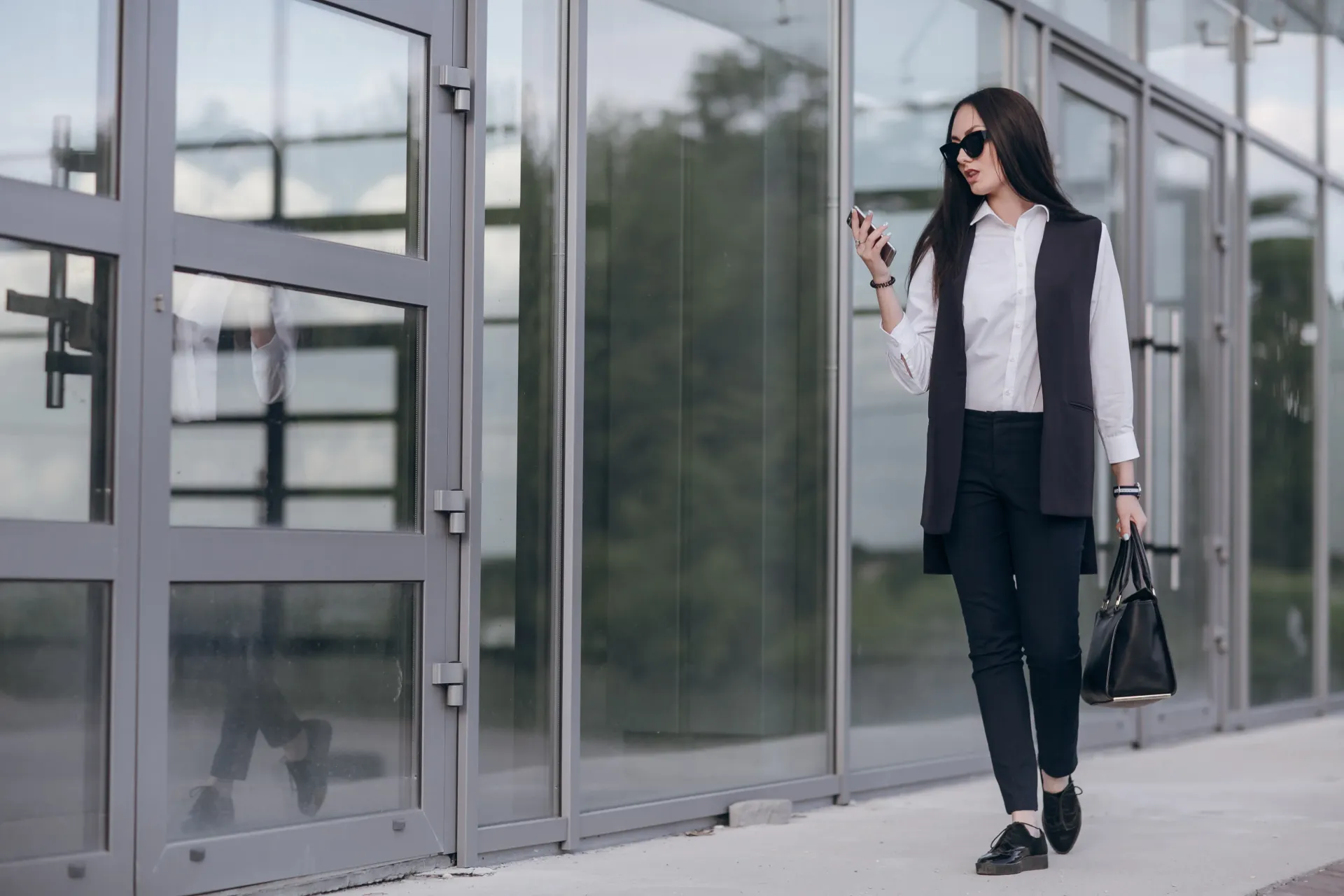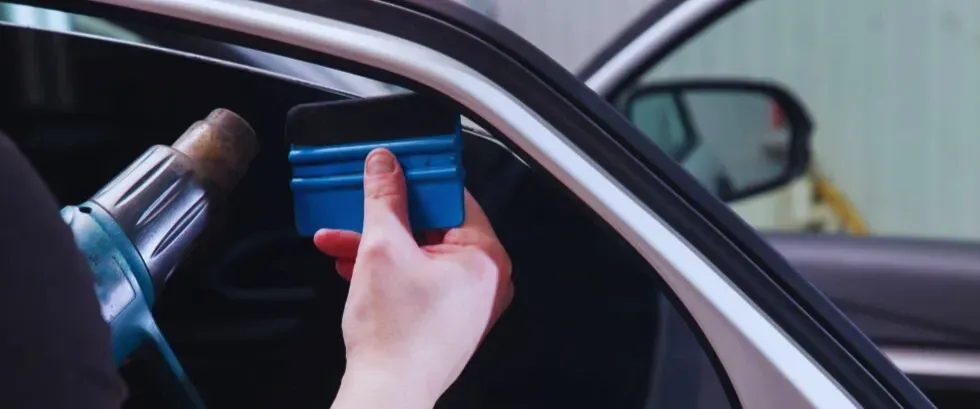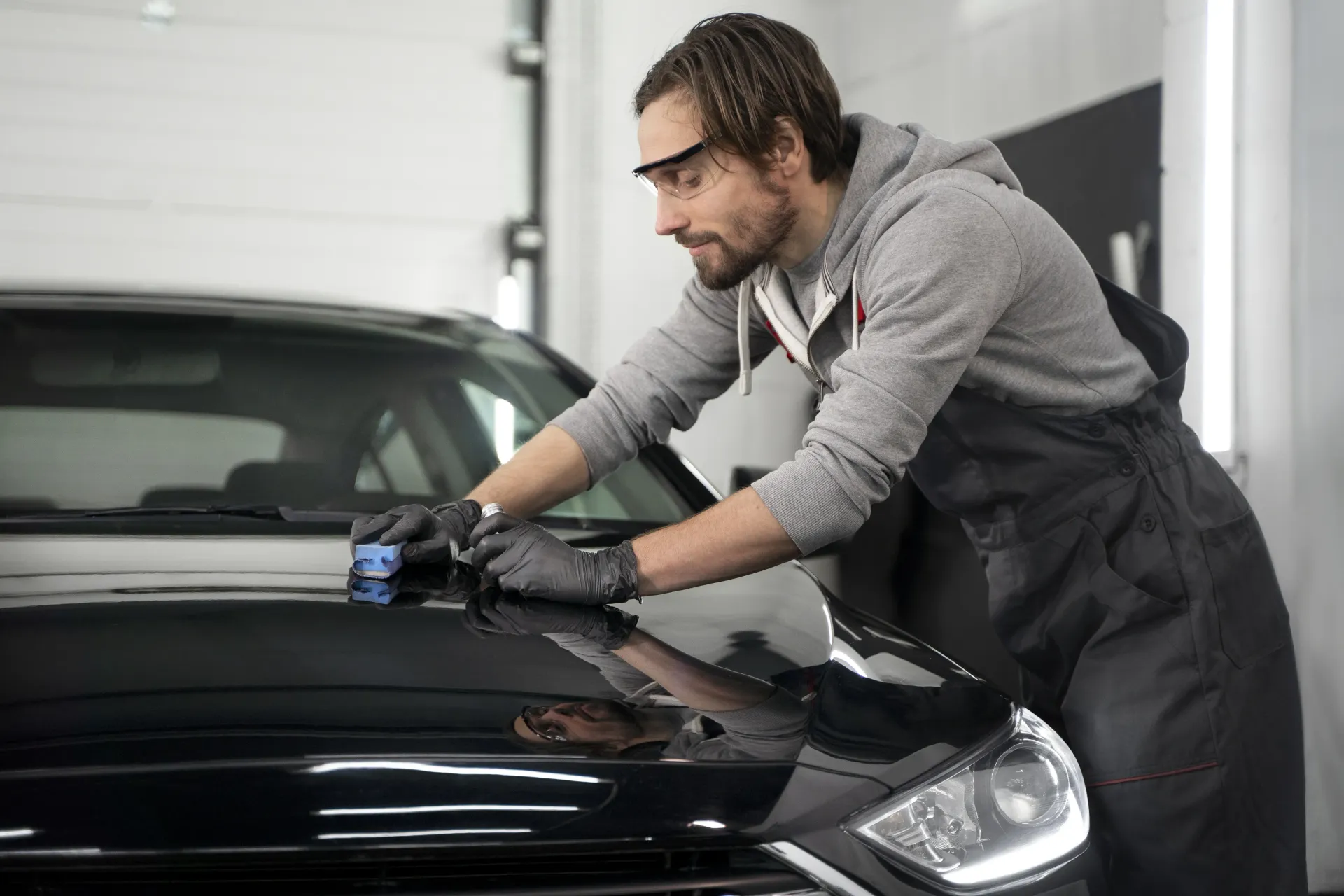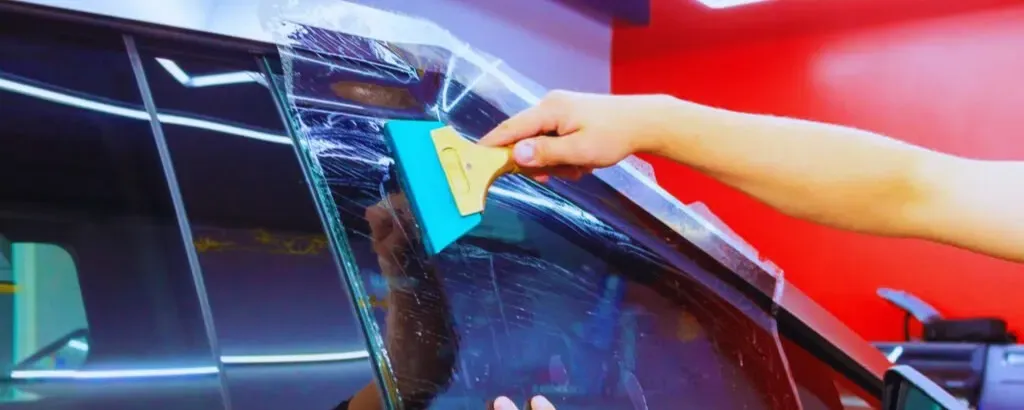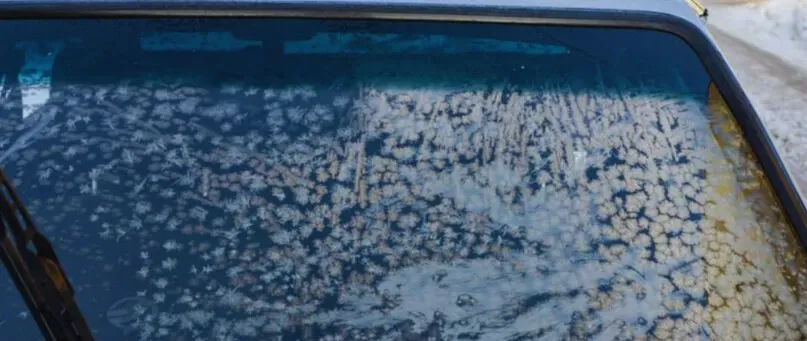The Hidden Health Benefits of Driving UV-Protected Cars
Driving a car every day feels second nature for most of us, yet hidden inside that daily routine is an often-overlooked danger—exposure to ultraviolet (UV) radiation. While we associate sunburns with beach days or long hikes, studies reveal that prolonged time in your vehicle without UV protection significantly increases your risk of developing skin and eye conditions. Fortunately, UV-protected cars are changing that narrative—and the health benefits are more profound than you might think.
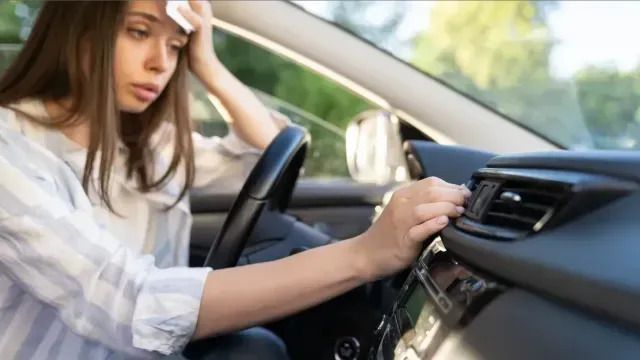
UV-Protected Cars Health Benefits
UV-protected cars are vehicles equipped with specially treated glass or films that significantly block harmful ultraviolet rays from penetrating through windows. From reducing skin cancer risk to enhancing mental clarity and reducing heat-induced stress, these protective upgrades bring more than just aesthetic value to your ride—they promote long-term wellness.
Understanding UV Radiation
UV radiation, emitted naturally by the sun, is categorized into UVA, UVB, and UVC rays. While UVC rays rarely reach Earth, UVA and UVB do—and they can penetrate car windows. UVA rays, in particular, can cause deep skin damage even through untreated glass, making them especially dangerous during long drives.
How Cars Expose You to UV Rays
Most windshields are treated to block UVB rays, but side and rear windows often let UVA rays through, exposing passengers and drivers alike to potential harm. If you're a daily commuter or road trip enthusiast, that cumulative exposure adds up—especially on the driver's side.
Health Impacts of UV Exposure While Driving
Extended exposure to UV rays in cars has been directly linked to conditions like melanoma, premature aging, and even cataracts. Dermatologists report higher instances of skin damage on the left side of the body in countries with left-hand driving—an eerie indication of sun exposure behind the wheel.
What Are UV-Protected Cars?
UV-protected cars are vehicles fitted with specialized glass treatments or aftermarket tint films that filter out up to 99% of harmful UV rays. These can be factory-installed or applied through trusted Window Tinting Services.
Scientific Evidence Behind UV Protection
Studies from the Journal of the American Academy of Dermatology have found that UV window film can reduce exposure significantly, with one study noting a 93% decrease in UV transmission after tinting. Such reductions not only prevent sunburn but offer real defense against long-term skin conditions.
Key Health Benefits of UV-Protected Cars
Here’s a rundown of key health benefits:
- Reduced risk of skin cancer and melanoma
- Fewer signs of aging like wrinkles and pigmentation
- Protection against cataracts and macular degeneration
- Shielding from UV-induced autoimmune responses
- Reduced photosensitivity in patients with medical conditions
Psychological Benefits
It’s not all about the physical. Reducing UV glare improves mental clarity, reduces eye strain, and helps maintain a calmer driving experience. Especially for individuals with sensory sensitivities, a UV-protected environment creates a sanctuary on wheels.
Enhanced Comfort and Energy Efficiency
Ever opened your car door to a sweltering sauna? UV-protective films help regulate interior temperature by reducing infrared heat buildup. This not only improves comfort but reduces air conditioner dependency, saving fuel and the environment.
Protecting Children and Pets
Infants and pets are particularly vulnerable to heat and UV rays. Installing protective film can prevent pediatric sunburns and heatstroke, especially during short errands when they remain inside a parked vehicle.
Allergic Reactions and UV Exposure
Some individuals suffer from photosensitive conditions like lupus or solar urticaria. UV-filtering windows help mitigate flare-ups, allowing them to travel without worrying about triggering painful skin reactions.
Occupational Safety for Professional Drivers
Taxi drivers, truckers, delivery drivers, and ride-share operators spend hours exposed to sunlight. A UV-protected car isn't a luxury—it's a workplace health requirement, reducing occupational hazard risks significantly.
UV-Protected Cars vs Traditional Cars
Traditional cars offer little protection beyond the windshield. In contrast, UV-protected vehicles fortify all angles, offering a consistent defense mechanism. This difference is especially critical for frequent drivers and long-distance travelers.
The Role of Car Window Tinting Services
To achieve optimum protection, expert application is essential. A professional Window Tinting Service ensures your film is legally compliant, durable, and effective. DIY kits often lack adhesion and fade quickly—posing more risk than relief.
Environmental Impact of Tinting
Tinting reduces air conditioning use, which lowers vehicle emissions. That makes UV-protected cars not just a health choice but an eco-conscious decision.
UV Protection and Car Value
A UV-protected car experiences less interior fading and material breakdown, preserving leather seats, dashboards, and screens. This prolongs vehicle aesthetics and enhances resale value.
Insurance Benefits and Discounts
Some insurers offer reduced premiums for UV-tinted vehicles due to lower claims on heat-related damage and accidents caused by glare. It’s worth inquiring with your provider for potential savings.
Global Trends in Automotive UV Safety
Countries like Australia and Japan have adopted stricter standards for UV protection in vehicles due to higher skin cancer rates. The U.S. is gradually following suit, with more states recognizing the necessity of full UV-blocking tinting.
Legal Considerations for UV Tinting
Regulations vary by state. Before you tint, ensure compliance with local laws. Professional services will often help you navigate this by offering pre-approved tint options that meet standards.
Technological Innovations in UV-Protection Films
Modern window films incorporate nanotechnology and smart glass, which can adjust transparency based on light levels. These innovations not only block UV but also improve visibility and aesthetics.
Comparing Costs: Health vs Upgrades
UV tinting may seem costly up front, but when you compare it with medical expenses related to skin cancer treatment or premature aging solutions, it becomes an incredibly cost-effective preventive investment.
How to Choose the Right UV Tint
Look for certifications like Skin Cancer Foundation approval or specs that block at least 99% of UVA and UVB rays. Seek professional guidance to ensure safety, legality, and efficiency.
DIY vs Professional Tinting
Though tempting, DIY tinting rarely meets the durability or protection standards of professional installations. More importantly, bubbles or misalignment in the film can render UV protection ineffective.
UV Tinting for Older Vehicles
Retrofits for older cars are possible and increasingly popular among classic car owners who want modern protection without sacrificing vintage charm.
Medical Recommendations
Doctors, especially dermatologists and optometrists, increasingly recommend UV-blocking car modifications as part of comprehensive sun safety plans, particularly for high-risk patients.
UV-Protected Cars and Outdoor Enthusiasts
For hikers, campers, and outdoor workers, a UV-protected vehicle becomes a mobile recovery space, reducing risks of prolonged sun exposure during breaks or drives.
Boosting Cognitive Alertness in Long Drives
Filtered sunlight improves visual comfort, reducing fatigue and boosting mental alertness, which translates to safer driving—especially on highways.
Window Tinting Myths Busted
Myth: “Tinting is only for looks.”
Truth: The health advantages are medically supported and extend beyond aesthetics.
Myth: “Tinted windows are illegal.”
Truth: Legal limits exist, but
compliant UV protection is entirely legal and even encouraged.
UV Protection as a Preventive Wellness Investment
More than a car feature, UV window protection is an investment in your long-term health and well-being. It’s a small change that shields you and your loved ones from invisible harm daily.
Conclusion and Final Thoughts
Driving UV-protected cars goes beyond comfort—it's about adopting a smarter, safer, and more health-conscious lifestyle. In today’s world, where wellness is integral to every decision, choosing a vehicle with UV protection isn't just beneficial—it's essential.
For professional service, we recommend reaching out to Window Tinting Service. And if you're ready to get started, head to their Contact page today!
FAQs
Do all car windows provide UV protection?
No, most side and rear windows don’t block UVA rays unless treated with special films.
Is UV tinting legal?
Yes, but legality depends on local tint percentages. A professional service ensures compliance.
Can UV window film protect my car interior?
Yes, it reduces fading and cracking of materials like leather and vinyl by blocking UV and heat.
How long does UV window film last?
High-quality film can last
10+ years when professionally installed and maintained.
Will UV tint affect visibility at night?
Legal tints maintain visibility. Some advanced films even improve glare reduction during night driving.
Is UV tint worth it for short commutes?
Absolutely. Even
short daily exposure accumulates over time, making protection valuable.
Links:
